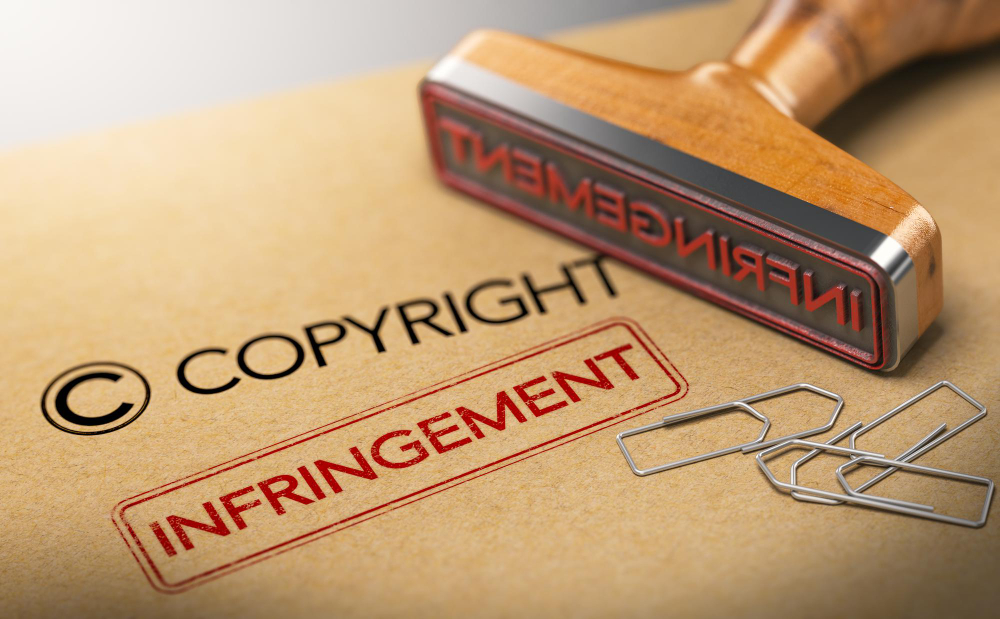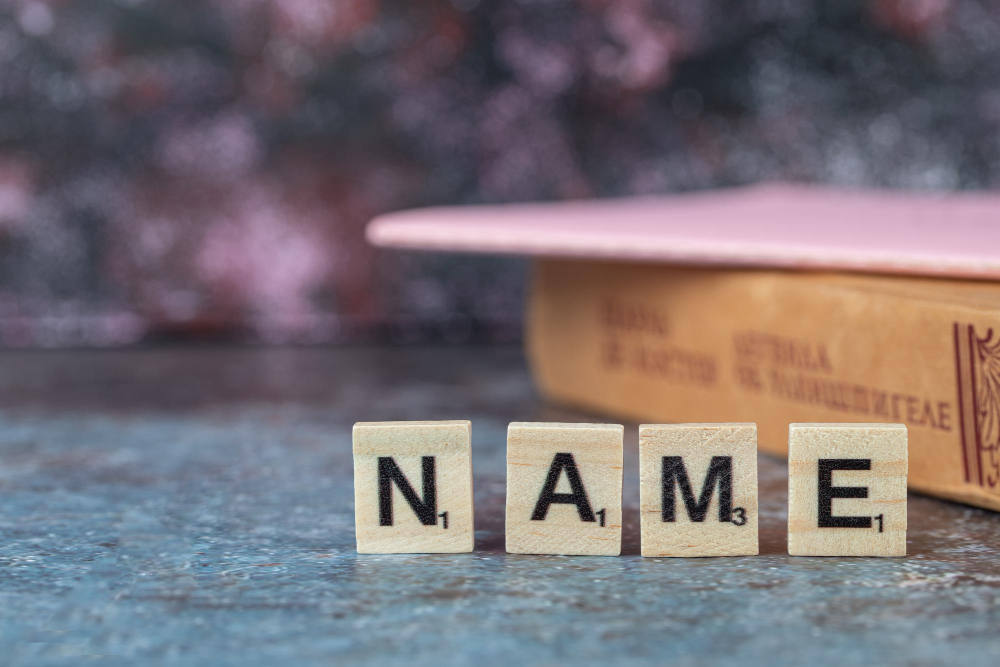
The Secretary of State Can’t Protect You
"Promising New Company Wiped Out by Brand Squabble"
I want to give you a warning to keep this headline from being about YOUR COMPANY. Using a brand that is similar to another company’s brand is called trademark infringement. This can lead to you sending ALL YOUR PROFITS to the other company. It does not matter if you did not know about the other company. Check out this post detailing an infringement case in which one company wins $43 million and the other can no longer use his own last name.
#1 Myth
“My brand is safe because I filed with the Secretary of State”
Brand protection is not the same as registering your company with the Secretary of State. Filing with the Secretary of State is very important, but it has NO CONNECTION to protecting your brand. A few reasons why this is true:
1) Each state has its own Secretary of State;
2) Not every company does business under its legal name;
3) The Secretary of State does not look at the types of business each company operates
4) Many brands that are used are not the name of the company.

Let me explain further…
1) Each state has its own Secretary of State.
Brand Protection primarily concerns whether or not brands used by different companies would cause confusion among consumers. This is a detailed analysis and Secretaries of State cannot perform this review for every company in their state. Many companies operate across state lines. When you organize a business with a Secretary of State, it is only checking the records of that one state. It is not looking for companies which may have some market presence in that state, but do not have enough connection to that state to require it to file as a foreign entity.
2) Not every company does business under its legal name.
Brand Protection primarily concerns whether or not brands used by different companies would cause confusion among consumers. This is a detailed analysis and Secretaries of State cannot perform this review for every company in their state. Many companies operate under aliases. These aliases are often recorded with clerks of county courts as DBAs, or “doing business as.” A Secretary of State would never see these DBAs when it checks to see if your name is available to be used as a company name in that state.
3) The Secretary of State does not look at the types of business each company performs.
Brand Protection primarily concerns whether or not brands used by different companies would cause confusion among consumers. This is a detailed analysis and Secretaries of State cannot perform this review for every company in their state. When a Secretary of State determines that you cannot use a name as a company name, it is not saying that you could not use that name as a brand. Customer confusion involves determining the similarities of the brand names, and the relatedness of the products or services sold under the name. The Secretary of State is only checking the name itself, and not the types of businesses the companies perform.
4) Many brands that are used are not the name of the company.
Brand Protection primarily concerns whether or not brands used by different companies would cause confusion among consumers. This is a detailed analysis and Secretaries of State cannot perform this review for every company in their state. Many brands in the marketplace are not the names of companies. For example, when you go into a McDonald’s, you can order a Big Mac, a Quarter Pounder, and a Happy Meal. These are all brand names owned by McDonald’s, but are not company names recorded with a Secretary of State.















